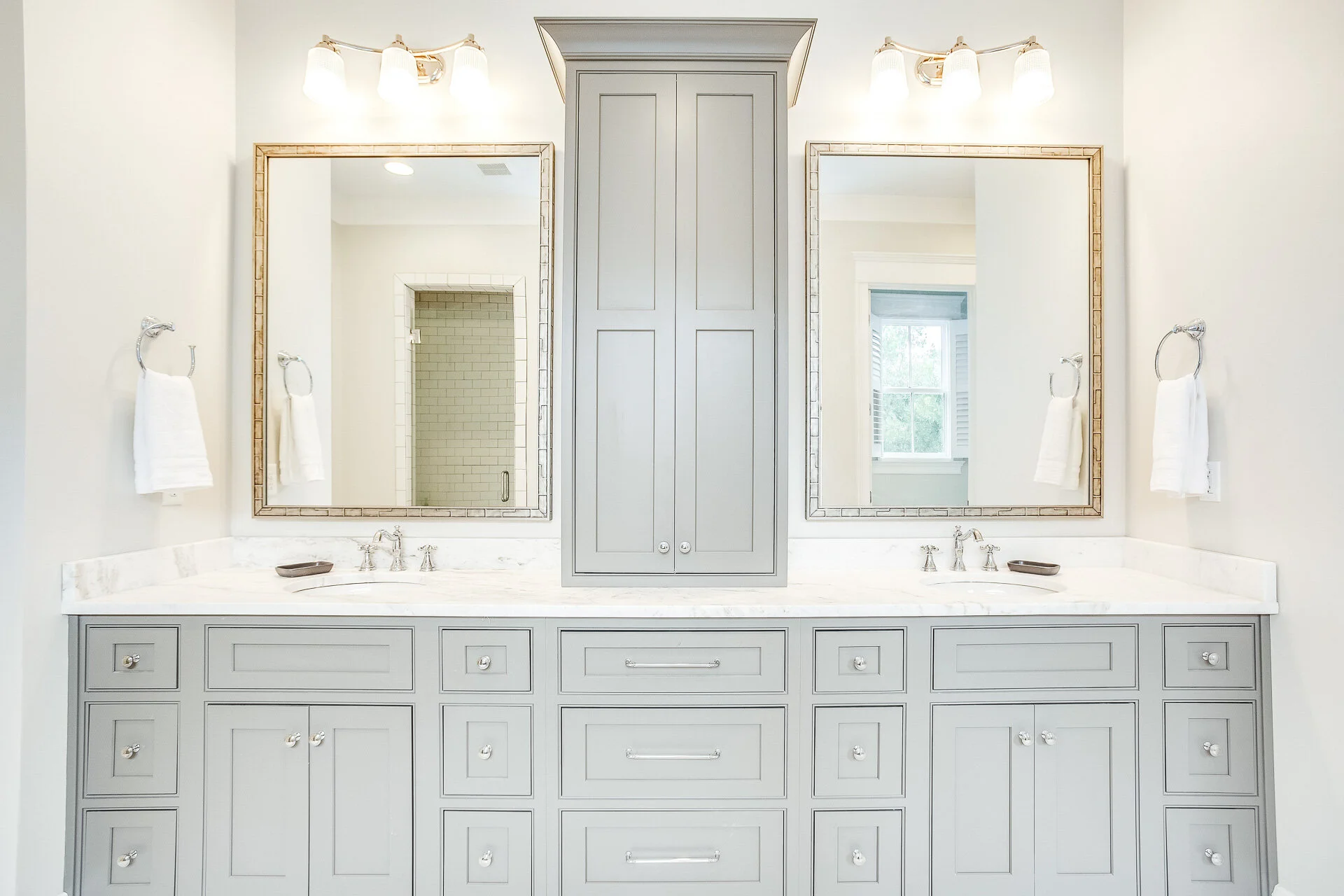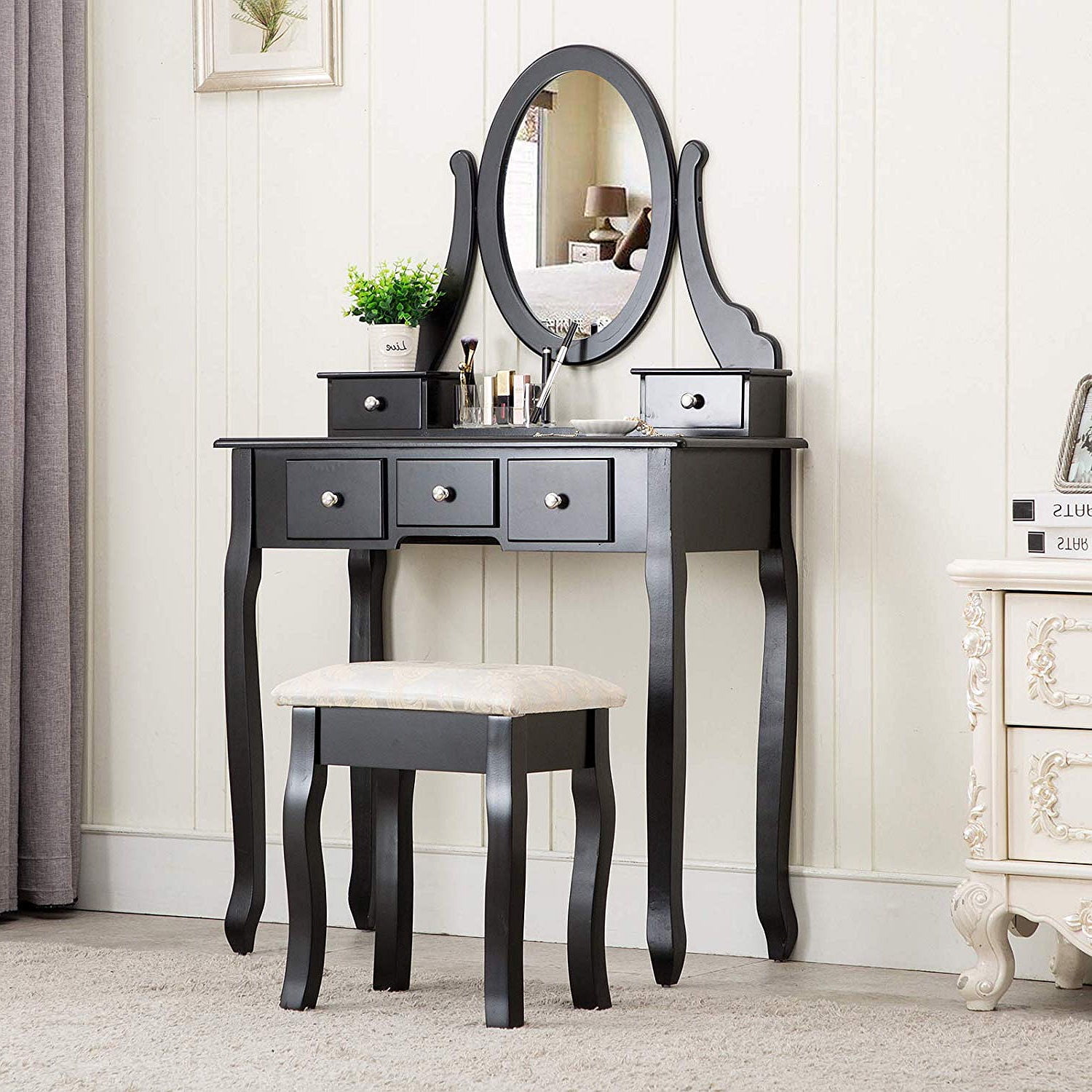Understanding Vanity Meaning - A Closer Look
When we talk about what "vanity" means, it usually points to a sense of being overly pleased with oneself, particularly when it comes to how one looks or what one has achieved. It's that feeling, you know, when someone might be a little too wrapped up in their own appearance or their personal wins. This idea of being quite self-impressed often carries a bit of a negative tone, suggesting a kind of excessive self-regard that might not always be grounded in reality, or at least, it’s a bit much for others to take.
The core of the word, as many people understand it, really centers on an inflated sort of self-importance. It’s about being perhaps a little too absorbed in what you look like, or maybe in the things you have done. For example, if someone spends what seems like endless hours making sure every hair is perfectly in place, or constantly talking about their past successes, that could very well be seen as a display of this very quality. It’s a focus on the self that goes beyond simple confidence and becomes, well, a bit much for those around them, sometimes even a little bit silly.
This idea of vanity, in some respects, touches on a common human tendency to value ourselves. Yet, it also brings up a point where that self-value tips into something more, something that might even be a little bit out of balance. It's about how much attention we give to our own image or our personal triumphs, and whether that attention becomes so central that it starts to overshadow other things, like genuine connections or a broader view of the world. It’s a fascinating word, really, because it covers so much ground, from personal feelings to actual objects.
Table of Contents
- What Does It Mean to Have Vanity?
- Is Vanity Just About How You Look?
- How Did the Idea of Vanity Meaning Change Over Time?
- When Does Pride Become Vanity Meaning?
- The Everyday Use of Vanity Meaning
- Vanity and Its Many Faces - Exploring Vanity Meaning
- The Deeper Side of Vanity Meaning
What Does It Mean to Have Vanity?
When someone has vanity, it often means they possess an excessive sense of their own importance or a preoccupation with their outward appearance. It's not just a simple feeling of being proud; it’s a feeling that has grown beyond what might be considered a reasonable amount. You see, it's that quality where a person might think a little too highly of themselves, or perhaps they spend a good deal of time making sure they look just right. It’s like their self-image is the main thing they are thinking about, often to the point where it influences their choices and how they act around others. This kind of self-focus can be pretty noticeable, actually, and it might even shape how they interact with the world around them, or how they expect others to see them, which is something to consider.
Consider, for instance, a person who might choose a car that looks really impressive, even if it isn't very practical for their daily needs. This kind of choice, in some respects, could be driven by what we call vanity. It’s not about what works best for their life, but rather about what makes them appear a certain way to other people. The desire to project a particular image, or to maintain a sense of personal grandeur, can be a powerful motivator. It’s a bit like they are always playing to an audience, even when there isn't one, just for the sake of how they feel about themselves. So, the core of having vanity often comes down to this intense focus on self-perception and how it might be reflected back from others, which is something we see quite often.
This quality isn't just about what you wear or how you style your hair, though those are certainly common examples. It also touches upon a person's belief in their own capabilities or accomplishments. Someone might have an overly strong conviction that they are more talented or more successful than others, even if the evidence doesn't quite support that idea. It’s a kind of inner certainty that can be quite rigid, and it might make it hard for them to accept criticism or to see their own flaws. So, in essence, having vanity means carrying around this outsized sense of self, which can show up in many different ways, both in how a person presents themselves and in what they believe about their own place in the world, you know.
Is Vanity Just About How You Look?
When people talk about vanity, they often first think about someone who is really focused on their physical appearance. It’s true that a big part of the general idea of vanity meaning does indeed connect to how we present ourselves. Think about someone who might spend what seems like endless hours in front of a mirror, making sure every single detail of their look is just right. They might be sitting at a dressing table, perhaps applying makeup or adjusting their clothes, all with the goal of achieving a particular image. This deep interest in one's own looks is a very common way that vanity shows itself, and it’s probably what most people picture first when they hear the word, isn't it?
However, the idea of vanity meaning goes a little deeper than just what you see on the outside. It’s not simply about having an interest in looking good; it’s about having an excessive interest. This means that the attention paid to appearance goes beyond healthy self-care and becomes something more, something that might even border on obsession. It’s when the focus on one's looks starts to take up a very large part of a person's thoughts and time, potentially even at the expense of other things that might be more important. So, while appearance is a big part of it, the real issue is the degree of interest and the kind of pride that comes with it, which is something to think about.
Beyond physical appearance, vanity can also connect to a person’s achievements or their perceived abilities. Someone might take an enormous amount of pride in what they have accomplished, perhaps to the point where they constantly talk about their successes or feel they are superior to others because of them. This isn't just about feeling good about a job well done; it’s about feeling excessively good, perhaps even feeling that their achievements make them somehow better than everyone else. So, while the outward look is a very visible sign, the core of vanity meaning really lies in an inflated sense of self-worth, whether that comes from how you look or what you have done, or even what you think you can do, you know, it’s all connected in a way.
How Did the Idea of Vanity Meaning Change Over Time?
It's quite interesting to consider how the understanding of what vanity means has shifted through the years. If we look back to a time before the 14th century, the word didn't quite carry the same sort of self-centered feeling that it does today. Back then, the primary sense of vanity was more about things being pointless or without real purpose. It was about futility, a sense that something was empty or had no lasting value. So, if someone spoke of vanity back then, they might have been talking about the uselessness of certain actions or the fleeting nature of life itself, rather than someone being overly proud of their looks, which is really quite different, isn't it?
This older meaning of vanity meaning, focusing on things being meaningless, paints a different picture. It wasn't about a person's character or their personal pride; it was about the outcome of situations or the general state of existence. A grand project that failed, or a life lived without any real impact, might have been described as vanity in those earlier times. It suggests a more philosophical outlook, where the word was used to reflect on the transient nature of worldly things, and how little they might matter in the grand scheme of things. It’s a rather deep concept, actually, when you think about it.
Over time, however, the word began to take on a new kind of coloring, one that started to focus more on the individual. This shift meant that vanity started to become associated with a person's own self-regard, particularly an excessive form of it. The idea of being overly concerned with oneself, or having too much pride in one's own appearance or accomplishments, became the more common understanding. So, the word moved from describing the emptiness of things to describing a particular kind of human trait. This change in meaning, in some respects, tells us a bit about how societies started to view individual character and personal attributes more closely, you know, as time went on.
When Does Pride Become Vanity Meaning?
There's a subtle but important line between feeling a healthy sense of pride and crossing over into what we call vanity. Pride, in its good form, is about feeling pleased with yourself or your achievements, or even the achievements of those you care about. It’s a feeling that motivates you, helps you appreciate your efforts, and gives you a sense of accomplishment. You can feel proud of doing a good job, or proud of how far you’ve come. This kind of feeling is generally seen as a positive thing, something that helps a person feel good about themselves and encourages them to keep going, which is quite natural, really.
However, pride starts to lean into vanity meaning when it becomes excessive, when it turns into an inflated sense of self-importance. It’s when that feeling of pleasure in one's own accomplishments or appearance goes beyond a reasonable level and becomes a kind of obsession. Think about it: if someone’s pride in their looks means they simply cannot accept any perceived flaw, or if their pride in their abilities means they always have to be the best and constantly remind everyone of it, then it’s probably veering into vanity. It’s not just about feeling good anymore; it’s about feeling superior, or demanding constant admiration, which is a bit different, isn't it?
The key difference often lies in the impact it has on a person’s behavior and their relationships with others. Healthy pride can be shared and can inspire others. Vanity, on the other hand, tends to create a barrier. It can make a person seem self-absorbed, unwilling to learn from mistakes, or dismissive of others' contributions. For instance, if someone's intense focus on their own abilities means they always have to be the center of attention, or they cannot bear to see others succeed, then that strong feeling of self-worth has probably turned into vanity. It’s a subtle shift, but a significant one, really, when you consider how it changes a person's outlook and how they relate to the world, you know.
The Everyday Use of Vanity Meaning
In our daily conversations, when we use the word "vanity," we are often pointing out a quality in someone that we might view critically. It’s usually when we observe someone taking what seems like an exaggerated amount of pride in how they look or in their personal capabilities. For example, if you hear someone say, "He was motivated by sheer vanity," it suggests that the person’s actions were driven not by practicality or genuine need, but by a desire to appear important or impressive. It’s a way of saying that their choices were primarily about themselves and how they would be perceived by others, which is something we often notice, isn't it?
Another common way we use the term relates directly to physical appearance, and it often involves a specific piece of furniture. When someone talks about spending "long hours sitting at their vanity table doing their hair," it refers to a dressing table, usually with a mirror, where one might prepare themselves. This usage of "vanity" as a noun for furniture, in some respects, ties directly back to the idea of personal grooming and self-adornment. It highlights how deeply ingrained the concept of personal presentation is in our language and daily routines. So, the word isn't just an abstract idea; it also refers to a very real, tangible object associated with that concept, you know.
The term also appears in a more general sense when we describe someone’s overall character. To say that someone possesses the "quality of being vain" means they tend to exhibit this excessive pride consistently. It’s not just a one-off instance, but a characteristic that defines a part of who they are. This might manifest as a constant need for compliments, an inability to handle criticism, or a preoccupation with maintaining a perfect image. The way we use "vanity" in these everyday contexts really highlights its multifaceted nature, covering everything from specific actions to general personality traits, which is quite interesting, actually.
Vanity and Its Many Faces - Exploring Vanity Meaning
The term "vanity" is pretty interesting because it has so many different aspects, truly. It’s not just one single idea but a collection of related meanings that can range from a personal feeling of self-importance to even, as we touched on, a piece of furniture. This broadness means that when we talk about vanity meaning, we might be referring to several different things depending on the situation. For instance, it can describe the general quality of someone who is too proud of their looks or what they can do. It’s like a description of a part of their personality, which is a pretty common way to use it, you know.
Then there’s the idea of vanity as a specific instance of this quality or feeling. So, instead of talking about a person who is generally vain, you might point to a particular action they took that showed their vanity. Perhaps they bought something very flashy just to show off, and that act itself would be an instance of vanity. This usage focuses on the behavior rather than the overall character. It’s a way of pinpointing a moment where that excessive self-regard became obvious, which is something we often see in daily life, isn't it?
And let’s not forget the more abstract sense, where vanity can refer to something that is meaningless or without lasting value, which was its original meaning. This older sense of vanity meaning reminds us that the word has a history that goes beyond just personal pride. It can describe a belief or a way of doing things that ultimately leads to nothing substantial. So, a grand plan that falls apart and leaves no real impact might be described as vanity in this sense. It’s a word that, in some respects, really covers a wide range of human experience, from the very personal to the broadly philosophical, which is pretty cool, actually.
The Deeper Side of Vanity Meaning
Beyond the common understanding of vanity as excessive pride in looks or achievements, there’s a deeper layer to its meaning. When we say someone has "excessive belief in one's own abilities or attractiveness compared to others," it points to a kind of internal comparison that might not be entirely fair or accurate. It’s not just about feeling good about yourself; it’s about feeling better than others, which can be a bit problematic. This aspect of vanity suggests a self-perception that is inflated, perhaps to the point where it distorts reality, making it hard for the person to see their own shortcomings or to appreciate the strengths of those around them. It’s a very personal sort of feeling, you know, that can really shape how someone views the world.
This deeper understanding of vanity meaning also touches on the idea of futility, as it did in earlier centuries. When someone is driven purely by vanity, their actions might ultimately be pointless or unfulfilling. The constant pursuit of external validation, or the endless focus on one's own image, can sometimes lead to a sense of emptiness. It’s like chasing something that never quite satisfies, because the motivation comes from a place of superficiality rather than genuine purpose. So, in a way, vanity can be a trap, leading a person down a path that doesn't bring lasting happiness or real connection, which is a bit sad, actually.
The Oxford Advanced Learner's Dictionary, for instance, helps us see this broader scope, defining vanity as "the quality of people who have too much pride in their own appearance, abilities, achievements, etc." This definition encompasses the many facets of the word, from outward presentation to inner convictions about one's own worth. It highlights that vanity isn't just a simple trait; it’s a complex characteristic that can influence many aspects of a person’s life, including their motivations, their interactions, and even their overall sense of well-being. It’s a pretty nuanced concept, really, when you start to pick it apart, and it shows how words can carry so much meaning over time.

Bathroom Vanity Definition – Everything Bathroom

Bathroom Vanity Definition – Rispa

What Is A Vanity Definition at Micheal Weston blog